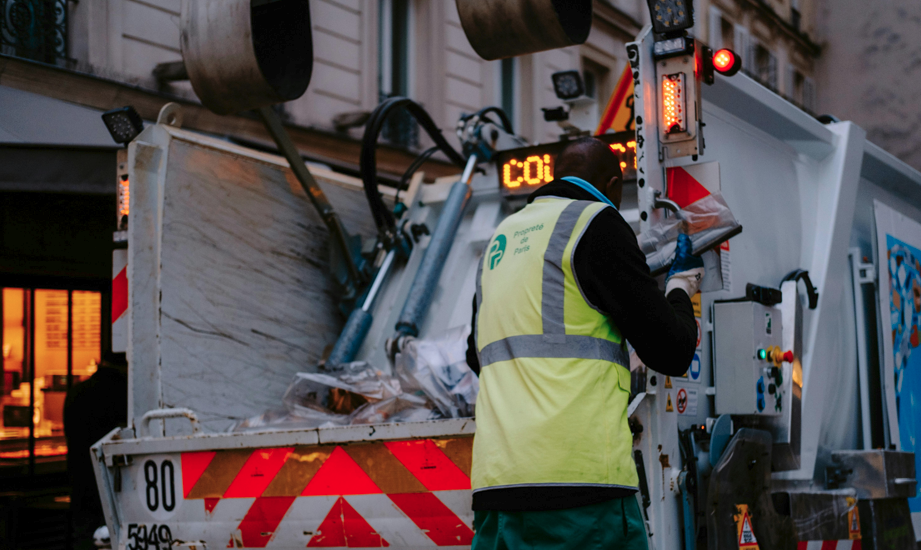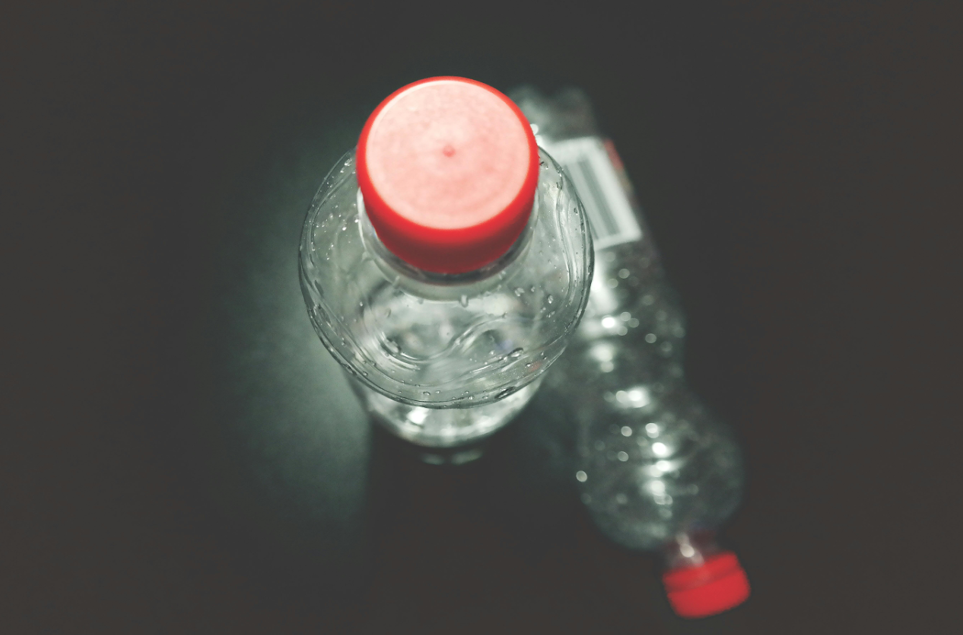The Flexible Plastic Fund (FPF) unveiled its FlexCollect report at the UK Parliament this week (1 September 2025), with encouraging results for flexible plastic packaging.
The report draws together insights from more than three years of trials, offering a blueprint for rolling out kerbside collections of items such as bread bags, crisp packets and other plastic film.
Over the course of the initiative, 10 pilot councils covering around 160,000 households took part in the trial.
Together, they collected over 400 tonnes of flexible plastics – equivalent to more than 50 million bread bags.
It was formally launched at the Houses of Parliament, at an event hosted by Amanda Hack MP and attended by Mary Creagh CBE MP, Parliamentary Under-Secretary of State at Defra.
These findings arrive ahead of the government’s Simpler Recycling reforms, which will make flexible plastics collections mandatory from 2027.
Key Results From The Trials
The report concludes that flexible plastics can be “effectively collected” across a range of service types, with minimal disruption to existing operations. Trials tested both dedicated bags and mixed-collection approaches.
Close to 90% of the material collected was target packaging, with contamination levels remaining low. The quality of material was considered “very clean”, reflecting positive household sorting behaviours.
Recycling outcomes were also promising, with recovery rates of around 80% when reprocessed into flakes or pellets, and up to 100% for applications such as plastic timber.
The trials revealed little effect on local authority collection rounds. Materials Recovery Facilities (MRFs) involved in the programme successfully integrated the material without significant operational changes, though in some cases minor upgrades – such as adding bays or conveyors – were required.
Next Steps for the Flexible Plastic Fund
Looking ahead, the report highlights a shortfall in UK recycling infrastructure to meet the anticipated 2027 demand.
However, with around 100,000 tonnes of new or planned domestic facilities, along with spare European processing capacity, much of this gap could be bridged.
The blueprint calls for accelerated investment in UK reprocessing plants and the development of reliable end markets for recycled film products.
The FPF confirmed it will continue building on the success of FlexCollect by conducting deeper research into recycling systems for flexible plastics.
The project was supported by FPF members, including Mars UK, Mondelēz International, Nestlé, PepsiCo, Unilever and a wide range of food and FMCG brands, alongside funding from Defra, Innovate UK and other partners.
















